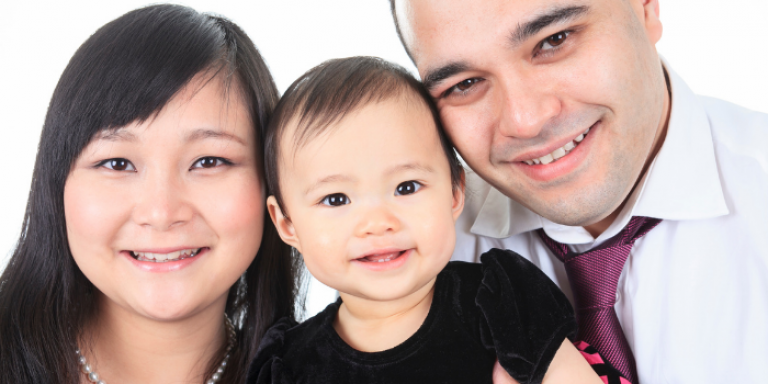
Mental health has become more of a hot button topic in recent years due to its importance in our day-to-day lives, but not many people are aware that good mental health starts in one’s infancy. As a matter of fact, it’s been estimated that around 9.5 – 14.2 percent of children aged up to 5 years old already experience some form of emotional or behavioral disturbance pertaining to the environment they are residing in and who they interact with on a daily basis, not to mention preschool expulsion rates seemingly growing as of late, it’s about high time we address the prevalent issue of mental health in infants and toddlers urgently. In this article, we hope that children are able to get proper mental health care by integrating it into their lives and where they spend time, be it at home or school for instance, so let’s look at some ways we can take care of our children:
Introduce parents and caregivers to early intervention programs for children

When your child starts to exhibit signs of mental duress, look out for early intervention programs that specialise in treating social and emotional issues and problems, such as SBCC’s Early Intervention Program for instance. It is important to have parents present with their child during the intervention process to act as a pillar of support, as they’re always going to be there for their kids every day.
Checking parents’ history of depression or other mental illnesses

Depression, anxiety and any other form of mental illness can be hereditary, i.e. passed down from generation to generation, and that can be quite a terrifying scenario. This is especially so when parents afflicted with depression, for instance, are incapacitated by their condition and thus unable to provide their child with the love and support they need. It is imperative that a parent’s well-being is treated and supported as much as possible if they are to support their children throughout their formative years.
Paediatricians and their support for early childhood mental health

Apart from being a child’s primary source of treatment for physical illnesses, a pediatrician should also be well-versed in detecting any signs of mental distress in the children they’re treating as well as providing any sort of clinical advice in regards to a child’s possible degradation of their mental well-being. Pediatricians with a background in psychology and early childhood development can serve as a primary resource for parents to derive the best possible advice for their child’s mental health, as well as provide referrals to professionals that specialise in early childhood mental health programs.
Childcare providers to help promote healthy social and emotional development

Childcare providers very much help provide the foundation of a child’s development from both a social and emotional perspective, hence they are just as fundamental to a child’s mental growth and stability. It is thus imperative that childcare providers have to intrinsically astute and knowledgeable in regards to the process of early childhood mental health and helping create a much more positive environment for children while being able to address and challenge their behaviour with candor.
Mental health prevention strategies to be included into family programs

If mental health problems run rampant in a family, especially if both parents and their children are at risk of severe mental health duress, they might be matched up with home visiting programs run by organisations such as HELP Family Service Centre, or the CDAC for Chinese families in need for example. It is important for such organisations to introduce trained healthcare providers such as nurses and social workers who have a background in working with mental health and may be most effective in helping these at-risk families in the process. It would also be beneficial for home visiting programs to integrate mental health prevention strategies into the mix so as to provide support and aid families with poor mental health conditions in any which way they can to give them the best possible care available.
H/T: Zero To Three
Speak to us today to find out more about our 21 student care centres!
Click Here to whatsapp us for a complimentary tour of a centre near you.





